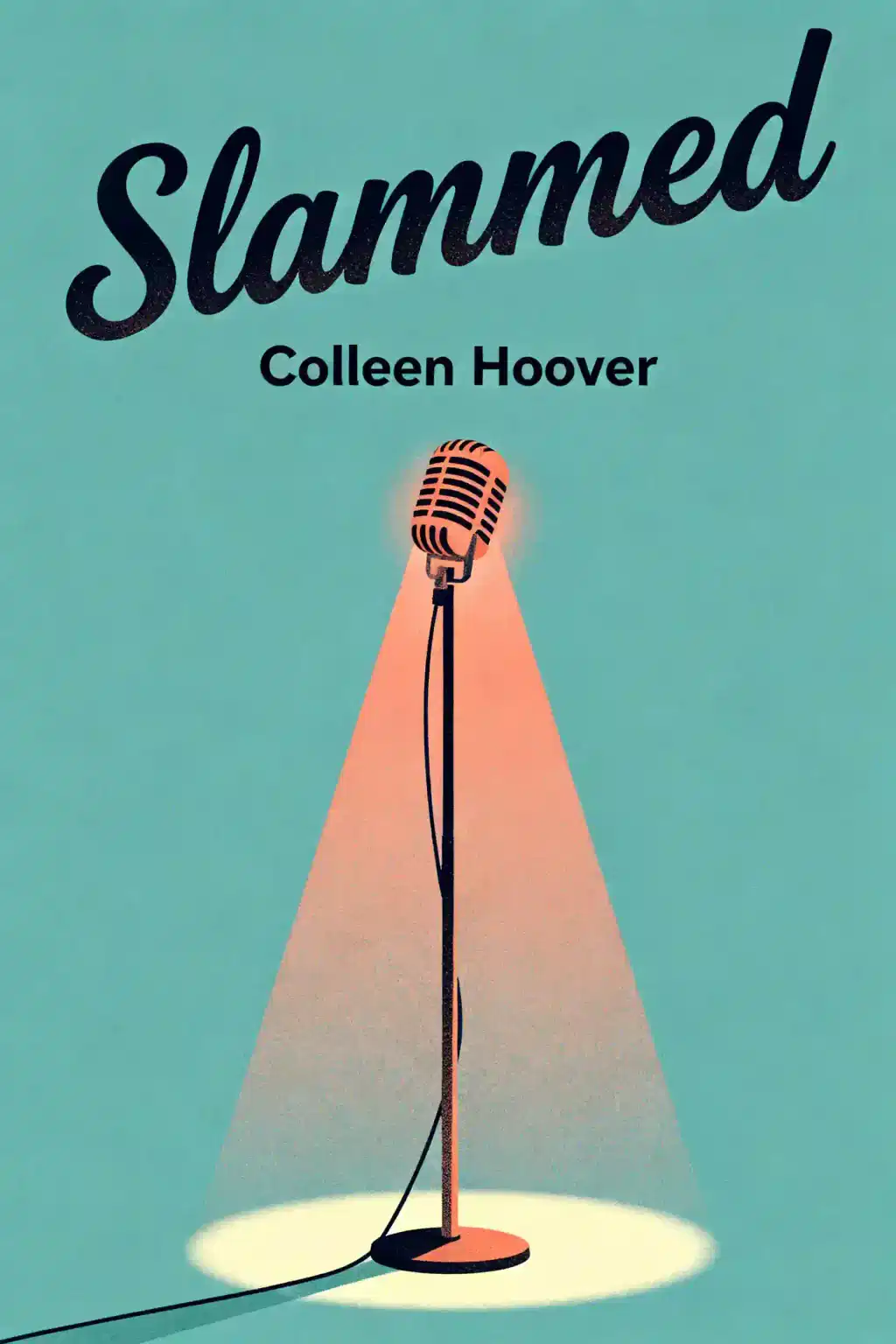What is Punching the Air by Ibi Zoboi about?
Punching the Air by Ibi Zoboi and Yusef Salaam is a powerful novel in verse about Amal Shahid, a 16-year-old Black teen wrongfully imprisoned for a crime he didn't commit. The story follows Amal as he struggles to maintain his identity and hope while navigating the brutal realities of incarceration, using art and poetry as tools for survival and resistance against systemic injustice.
Who is Ibi Zoboi, author of Punching the Air?
Ibi Zoboi is a New York Times bestselling Haitian-American author born in Port-au-Prince, Haiti, who immigrated to New York at age four. She's a National Book Award finalist for American Street and winner of the 2024 Coretta Scott King Award for Nigeria Jones. Zoboi holds an MFA in Writing for Children & Young Adults from Vermont College of Fine Arts and is known for creating authentic, culturally rich stories about young people of color.
Who should read Punching the Air?
Punching the Air is essential reading for young adults, educators, and anyone interested in social justice, criminal justice reform, and systemic racism. The book resonates particularly with readers seeking authentic stories about wrongful incarceration, the power of art as resistance, and maintaining hope in oppressive systems. Its accessible verse format makes it ideal for reluctant readers while delivering profound insights about identity, injustice, and resilience.
Is Punching the Air by Ibi Zoboi worth reading?
Punching the Air is absolutely worth reading, having won both the Walter Dean Myers Award and the Los Angeles Times Book Prize. Co-authored with Exonerated Five member Yusef Salaam, the novel brings authentic lived experience to its portrayal of wrongful imprisonment. The verse format creates an emotionally powerful reading experience that illuminates urgent conversations about racial injustice, making it both critically acclaimed and deeply impactful.
What are the main themes in Punching the Air?
Punching the Air explores systemic racism and wrongful incarceration as its central themes, examining how Black youth are criminalized within the justice system. The novel also addresses identity preservation under oppression, the transformative power of art and poetry, family bonds during crisis, and maintaining hope despite injustice. These themes interweave to create a nuanced portrait of resilience and the fight for dignity in dehumanizing circumstances.
Why is Punching the Air written in verse?
Punching the Air uses verse format to mirror Amal's inner world as a young artist and poet, allowing readers intimate access to his thoughts and emotions. The poetic structure creates rhythmic intensity that reflects Amal's emotional turbulence while making heavy themes more accessible to young readers. This format also honors the oral tradition and authenticity of how marginalized voices express pain, resistance, and hope through creative language.
Who is Yusef Salaam and why did he co-write Punching the Air?
Yusef Salaam is a member of the Exonerated Five (formerly known as the Central Park Five), who was wrongfully convicted as a teenager and spent years imprisoned before exoneration. His co-authorship with Ibi Zoboi brings authentic lived experience to Punching the Air's portrayal of wrongful incarceration and systemic injustice. Salaam's firsthand perspective ensures the novel accurately depicts the psychological and emotional realities of being imprisoned while innocent.
What awards has Punching the Air won?
Punching the Air won the prestigious Walter Dean Myers Award and the Los Angeles Times Book Prize. The novel has been widely recognized for its powerful exploration of wrongful incarceration and systemic racism. These accolades reflect the book's literary excellence, authentic voice, and significant contribution to young adult literature addressing social justice issues.
What is Punching the Air's message about the justice system?
Punching the Air exposes how the American justice system disproportionately criminalizes Black youth through implicit bias, rushed judgments, and institutional racism. The novel demonstrates how innocent young people can be swept into incarceration despite evidence, highlighting systemic failures that prioritize punishment over truth. Zoboi and Salaam's message calls for reform while showing how the system dehumanizes those it imprisons, particularly youth of color.
How does art help Amal in Punching the Air?
In Punching the Air, art and poetry become Amal's lifeline for maintaining his identity and sanity while wrongfully imprisoned. Through drawing and writing, Amal processes trauma, preserves his sense of self, and resists the dehumanization of incarceration. His artistic expression serves as both emotional release and political resistance, proving that creativity can be a powerful tool for survival and hope in oppressive systems.
What are the criticisms of Punching the Air?
Some critics note that Punching the Air's verse format, while accessible, may feel too stylized for readers seeking prose-driven narrative depth. Others suggest the emotional intensity can be overwhelming for younger middle-grade readers despite the book's young adult classification. However, these critiques are minimal compared to widespread praise for the novel's authentic voice, powerful themes, and necessary contribution to conversations about racial justice and wrongful incarceration.
Is Punching the Air based on a true story?
While Punching the Air is fiction, it draws heavily from co-author Yusef Salaam's real experience as one of the Exonerated Five, who were wrongfully convicted and imprisoned as teenagers. The novel incorporates authentic details about wrongful incarceration, systemic racism in the justice system, and the psychological impact of being imprisoned while innocent. This blend of fictional narrative and lived experience creates powerful, truthful storytelling about injustice facing Black youth.














